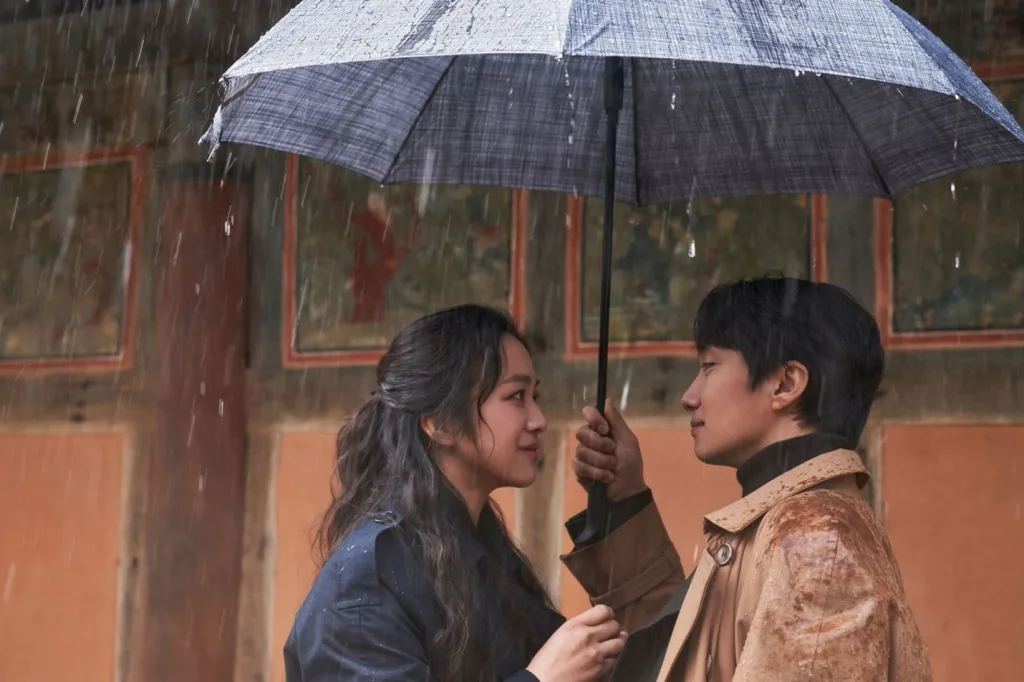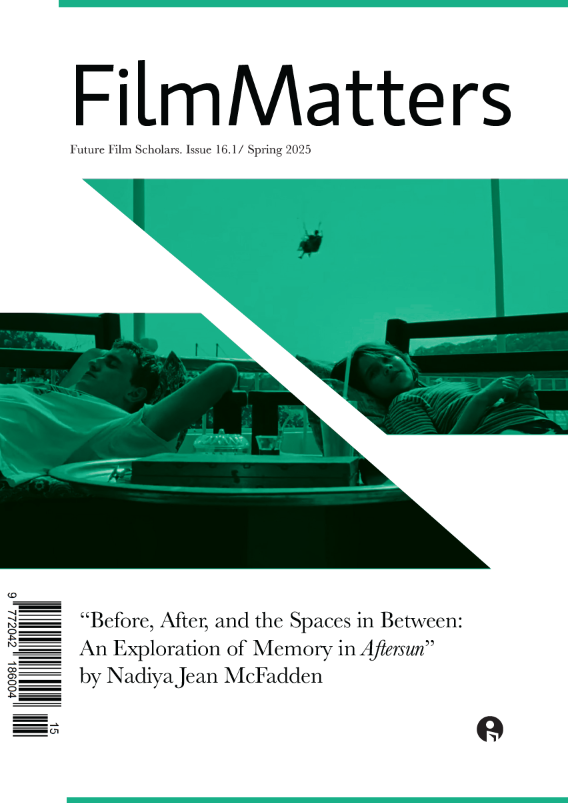Park Chan-wook is the director behind Oldboy, Thirst, and The Handmaiden, comparable to Bong Joon-ho. Whenever his new feature film is released, people jokingly – yet with a sense of expectation — ask, “Who’s going to die this time?” This demonstrates how unique and consistent Park’s cinematic universe is. However, his films also start with a simple, sensational opening. Inside that, human instinct, morality, desire, and guilt clash. Additionally, he constantly urges the audience to reflect on his message.
Decision to Leave (2022) is Park’s eleventh feature film, and audiences were surprised by his new cinematic style. Many of Park’s fans choose this film as their favorite among his works. This movie, which could be seen as a watershed moment in his career, is a melodrama that explores the depths of people’s hearts without relying on provocative scenes. Still, I would prefer to call it a love story.
This film marked a significant turning point, moving away from the intense violence and stories that characterized the director’s earlier works. It swept awards both internationally and in the US, winning Best Director at the Cannes Film Festival, along with Best Director, Best Actor, Best Actress, and Best Picture at the Blue Dragon Film Awards, one of Korea’s most prestigious ceremonies, as well as Best Actress at the Asian Film Awards.
The plot, in brief, is as follows. A male police detective, Hae-joon, who takes great pride in his work, encounters a female suspect, Seo-rae, who murdered her husband, and falls in love with her. Hae-joon is married with a son, so the line between guilt and love torments him as he becomes attracted to Seo-rae. His restraint in not using any means to win her love is also deeply moving. Watching the film, the intertwining themes of crime, love, and guilt generate a constant feeling of tension, and the characters’ emotional struggles naturally draw the audience in.
“As Confucius said, ‘The wise find joy in water, and the kind find joy in mountains.’ I am not a kind person. I like the sea,” says Seo-rae to Hae-joon. Thus, this film is divided into two parts. The first part’s theme is the mountain, so the house’s wallpaper and the story primarily relate to the mountains. The second part unfolds with the sea as its central theme. The mountain is the place that brought them together and brought them back together, and the sea shows their depth of emotion, and the place where they decide to leave each other.
Figure 1 is from the first part of the film, where they confirm their feelings for each other and go on their first date at a temple called Songgwangsa Temple. She takes items from his coat pocket: lip balm, candy, and sunglasses. This shows that Hae-joon is a careful and sensitive person. Also, when she puts sunglasses on him, he says a line that breaks his own rule of “I am always trying to see things clearly,” suggesting that, while he is a man who strictly follows rules, those rules are broken only when it comes to Seo-rae. The scene of them talking under an umbrella on a rainy day at a Korean temple feels refreshingly different from typical first-date scenes in most movies. At the same time, it reflects their quiet personalities and gives the impression that they came all the way to a secluded temple to avoid being seen in their secret relationship.
Among Park Chan-wook’s films, this one is perhaps the most delicate portrayal of how a person falls in love and becomes wholly immersed in that emotion. At the same time, it takes what could have been a predictable relationship between a detective and a suspect and turns it into something entirely unpredictable. It is a rare film, expressing love so profoundly without ever articulating the words “I love you.” Whether in storytelling, mise-en-scène, music, or performance, Decision to Leave lacks nothing. Let us make our own decision to step into its world.
Author Biography
Soohwan Lee, a third-year Film and Media Arts major at the University of Utah, is passionate about filmmaking, photography, and the art of independent cinema. Lee has created short films, one of which has been featured on the OTT platform Watcha, and enjoys exploring how films capture human emotions and leave a lasting impression on viewers.








































